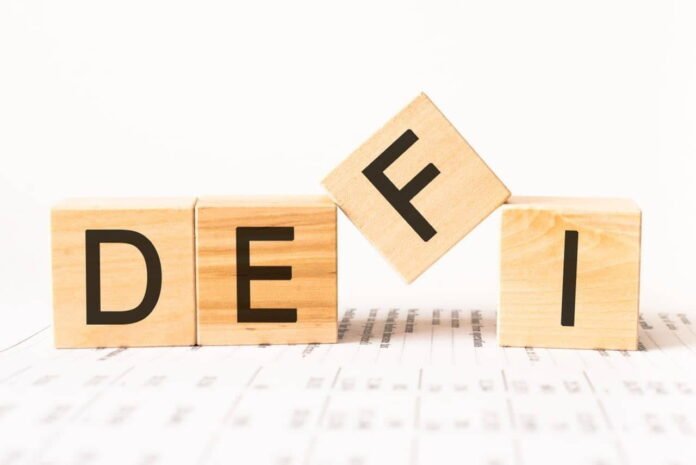Posted September 30, 2023 at 7:00 am EST.
Welcome to The Chopping Block – where crypto insiders Haseeb Qureshi, Tom Schmidt, Tarun Chitra, and Robert Leshner chop it up about the latest news. This week, the group sits down to discuss why U.S. crypto conferences are quieter than they have been in the past, which DeFi metrics are still useful for measuring a changing market, and advice for NFT founders on how to continue to innovate.
Listen to the episode on Apple Podcasts, Spotify, Overcast, Podcast Addict, Pocket Casts, Stitcher, Castbox, Google Podcasts, TuneIn, Amazon Music, or on your favorite podcast platform.
Show highlights:
Why Tarun says that the U.S. is “dead as a doorknob” for crypto for crypto conferences
Main takeaways from recent crypto conferences such as Token2049 in Singapore and Permissionless in Austin
How the metrics in DeFi keep changing, and which ones still have merit
What are “chart crimes” and the gang’s advice for entrepreneurs pitching to VCs
Why Haseeb doesn’t think that token economics are as useful as everyone thinks
The Stoner Cat settlement with the SEC and how it impacts the broader conversation about whether NFTs are securities
Legal drama between the co-founders of the Milady NFT project
Advice for NFT founders on how to achieve success in a changing market
Hosts
Haseeb Qureshi, managing partner at Dragonfly
Robert Leshner, founder of Compound
Tom Schmidt, general partner at Dragonfly
Tarun Chitra, managing partner at Robot Ventures
Disclosures
Links
NFTs
Unchained:
Token2049:
DeFi and metrics:
Unchained:
Regulation
Post Disclaimer
The information provided in our posts or blogs are for educational and informative purposes only. We do not guarantee the accuracy, completeness or suitability of the information. We do not provide financial or investment advice. Readers should always seek professional advice before making any financial or investment decisions based on the information provided in our content. We will not be held responsible for any losses, damages or consequences that may arise from relying on the information provided in our content.


